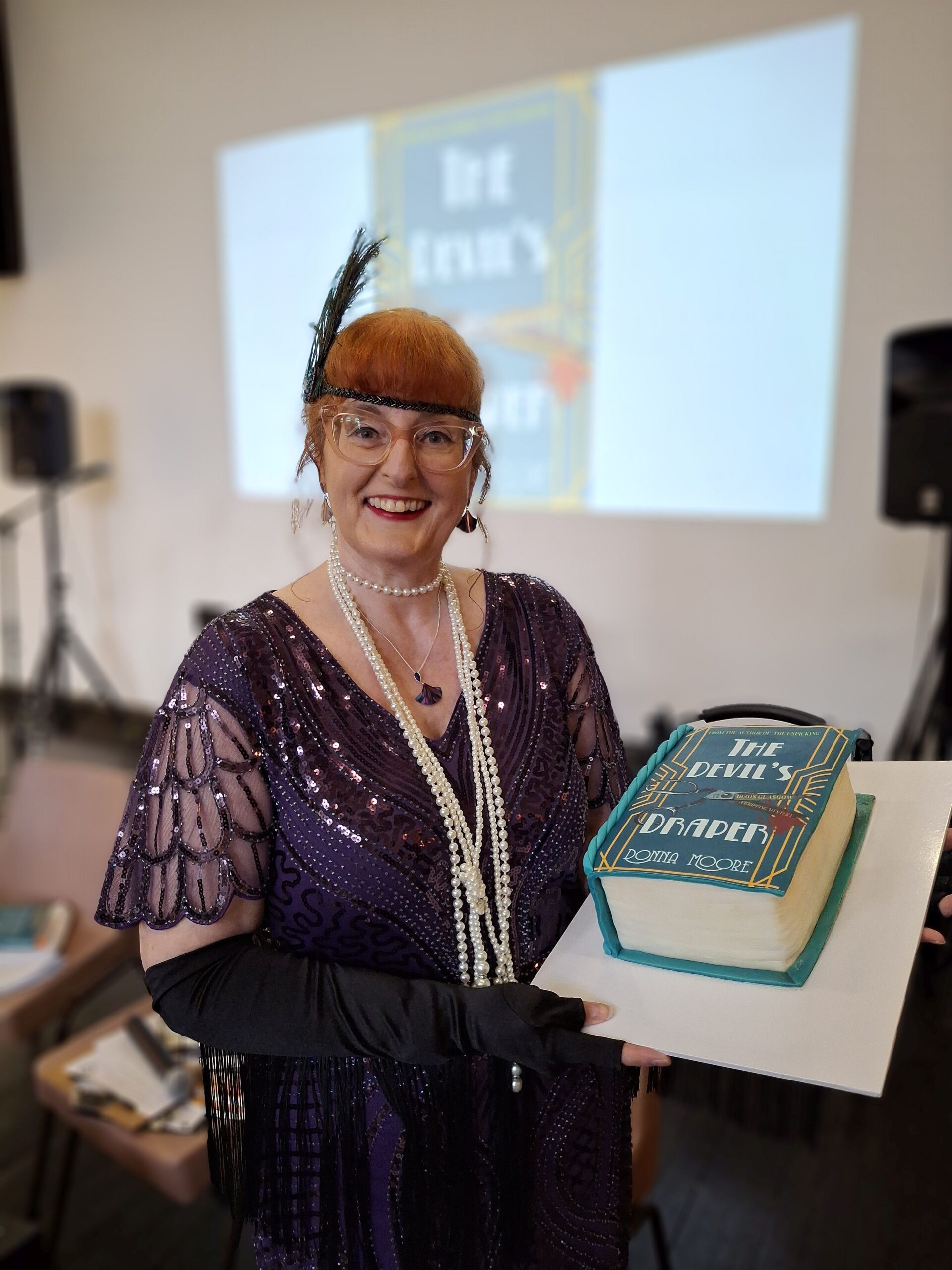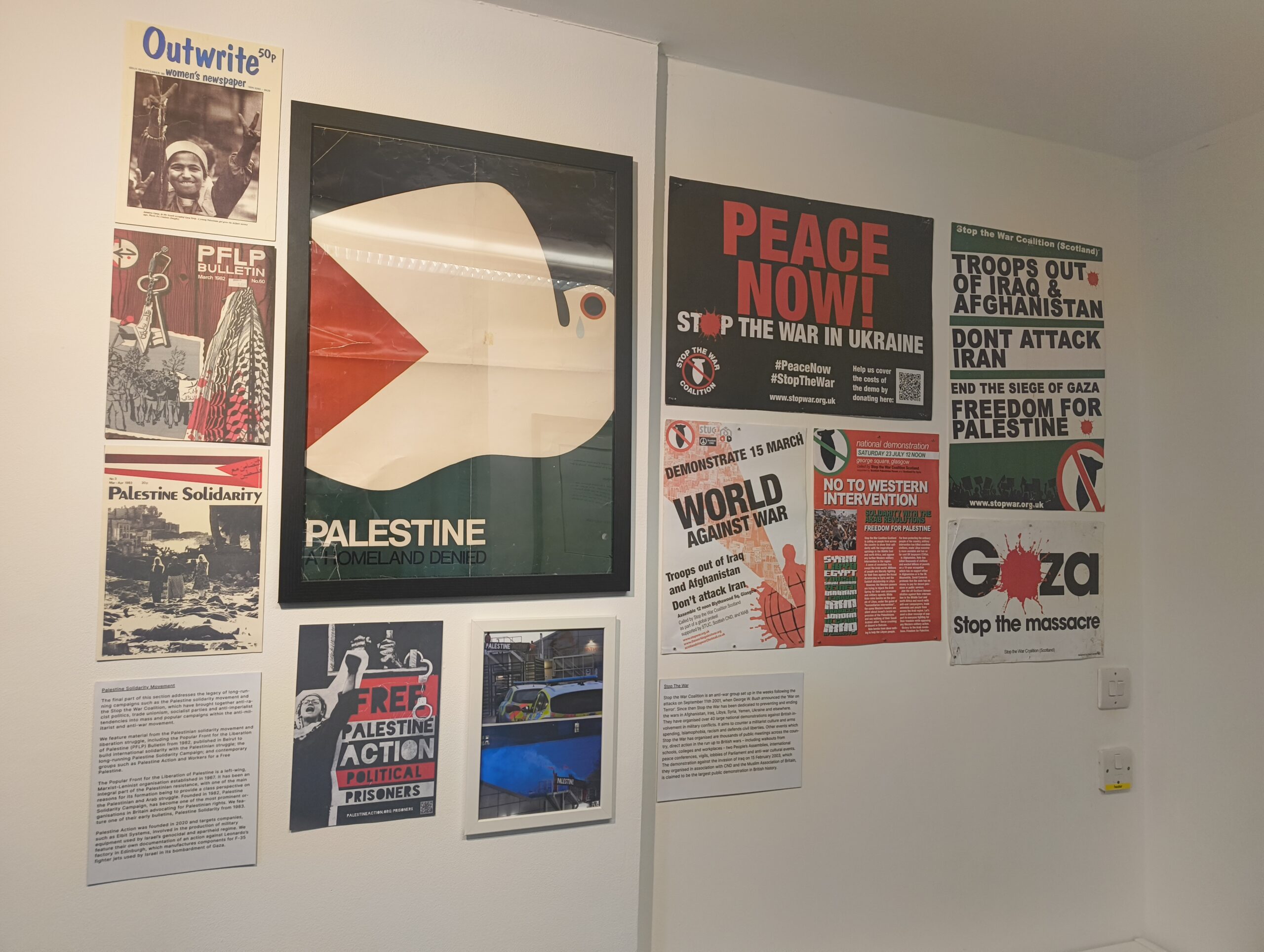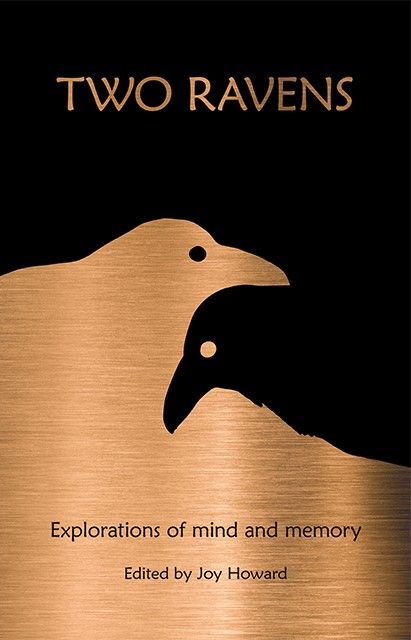Every month, GWL team members and volunteers share what we’ve read at our Book Picnic. Here’s what we’ve been reading recently:
Orbital by Samantha Harvey
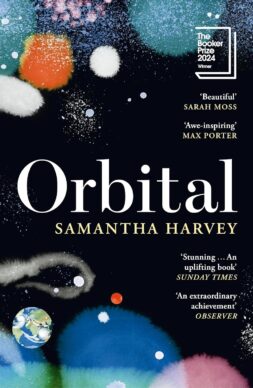
Anna recommended this book, which won the Booker Prize in 2024. She said it was a gift in every sense of the word. She decided to read it as she was fascinated about how it might feel if you couldn’t go back to Earth. It tells the story of astronauts on board a space station, and the book shows a diagram of their route as they travel through space.
Anna thought the inhabitants were very personable, they observed weather systems like tsunami forming. They talk about things like eating when there is no gravity and how they deal with this.
Between Two Waters by Pam Brunton
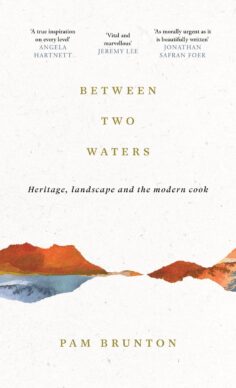
Anna also recommended this non-fiction book by Pam Brunton, who has a renowned restaurant on Loch Fyne.
It’s not a cook book though it does have recipes in it, but it’s about the landscape and life in that part of the world. Anna thought it was a lovely book.
Braiding Sweetgrass by Robin Wall Kimmerer
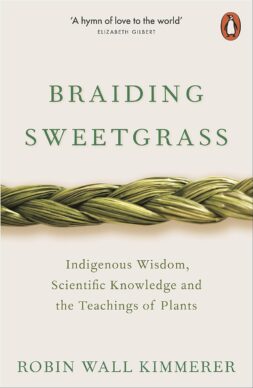
Caroline recommended this non-fiction book written by a botanist who is also an indigenous woman. The book is about the intersections between indigenous knowledge, storytelling and scientific knowledge about plants.
It explores different ways of thinking and being in the world, like gift economies. The author also does podcasts and Caroline thought she spoke beautifully and accessibly.
Lote by Shola von Reinhold
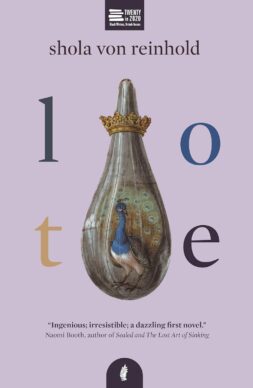
Gaby recommended this debut novel by Scottish author Shola von Reinhold. The main character, Mathilda, is a young Black queer woman who is fascinated with the Bright Young Things of the 1920s and discovers a forgotten Black Scottish poet. As she further investigates, she begins an artists residency, although she has no interest at all in it.
The book gives a historical perspective on Black people’s experience during that period and how they were invisible, and the erasures that took place. Mathilda gravitates towards eccentric people and has strong sensory experiences so comes across as a neurodivergent character. Gaby thought Mathilda was a great character and very funny and found the book to be an easy read.
Burning Words by Morag Anderson
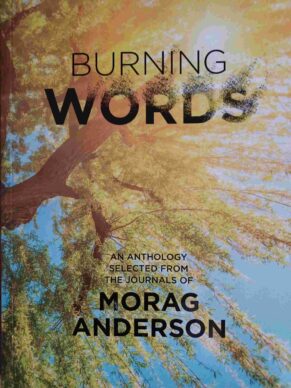
Aileen recommended this non-fiction book which she though most people would not have heard of but which she really enjoyed. The book came out of a writing group which ran at Maggie’s Centre in Glasgow and was for people with a cancer diagnosis and their carers. The writing group provided a safe space for people to share anything they wanted to.
Morag experienced cancer at various times in her life and this book shares some writing from her notebooks, edited by other members of the writing group. It gives a sense of some of Morag’s struggles as well as her joys and the things she valued. Aileen liked how much Morag valued the life she had lived and was grateful for it, even though it had not been perfect and Morag had gone through many struggles, and found it to be a life-affirming book.
Aileen thought other people who were dealing with cancer or other health problems might benefit from reading it, or anyone who is interested in how writing can be used to manage wellbeing. She found it to be a very calming book even though it deals with a difficult subject matter.
Daughter of the Fens by Elena Collins
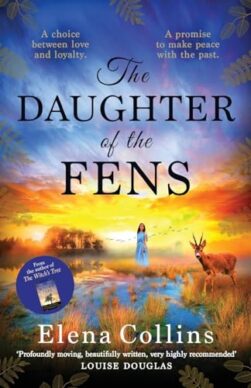
Also published as Daughter of the Mists. Elaine recommended this novel which shifts between the present day and the year AD 61. In modern day Norfolk, Hanna injured herself when she hit her head in the gym and after that she started getting dreams about a woman who had lived in England long ago.
The book moves between the two eras – Hanna is dreaming of someone but she doesn’t know who they are or see their face. Elaine enjoyed the book so much that she has ordered two of her other books.
The Household by Stacey Halls
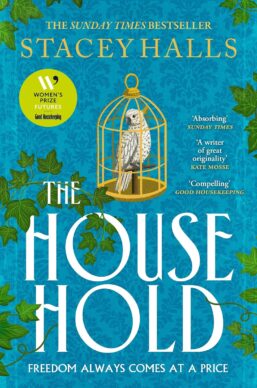
Elaine also recommended this novel, which is set in a ‘house of fallen women’ which was set up by Charles Dickens in Victorian London.
The girls are given new occupations as maids and other things, allowing them to escape their former lives when they worked as prostitutes or petty thieves in order to survive. Elaine really enjoyed reading the book.
Toki Pona: the Language of Good by Sonja Lang
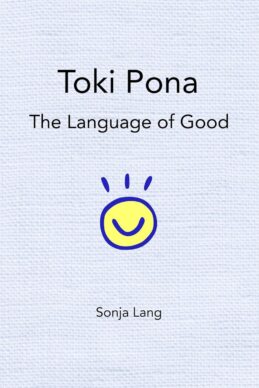
Doreen recommended this non-fiction book by Sonja Lang, which describes the language of Toki Pona, which Sonja invented and which is the world’s smallest language, with only 120 words. It was designed to be a micro-language and a simple communication system.
The book explains how the language works using 14 letters rather than all 26. Letters are pronounced the same way no matter what. People also make pictograms and art with the language. Doreen found it to be a really nice book to read.

